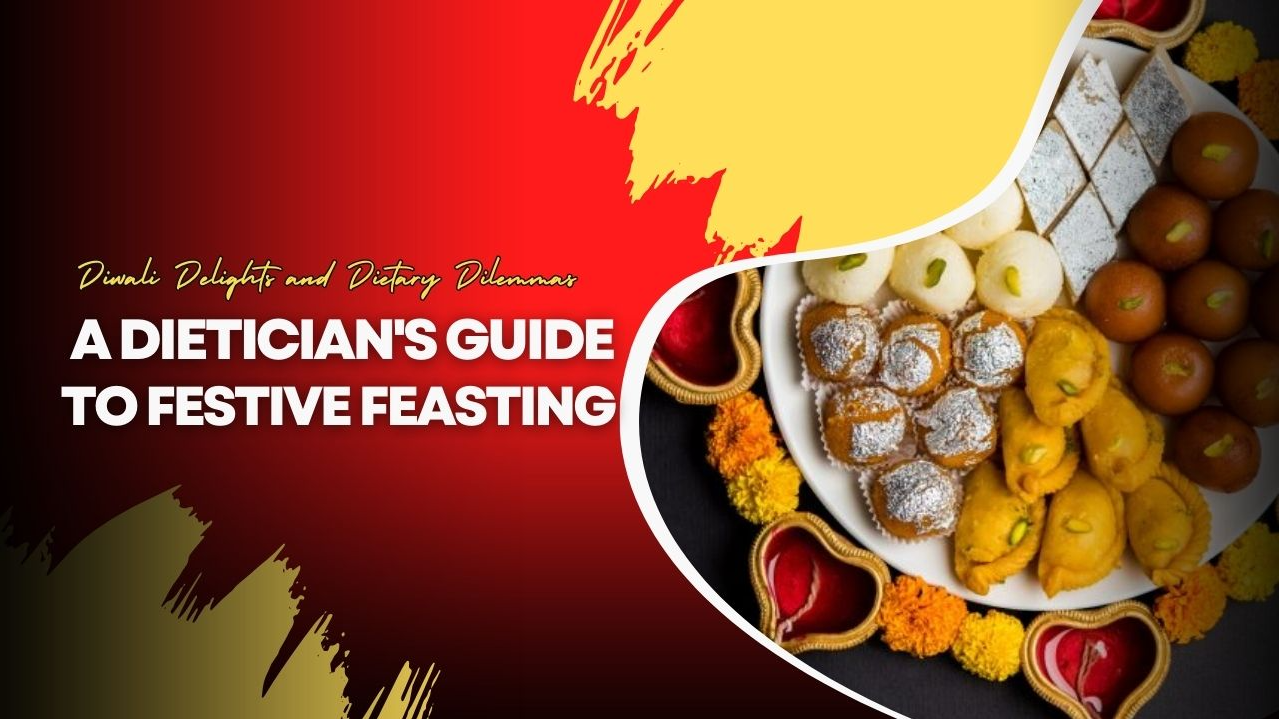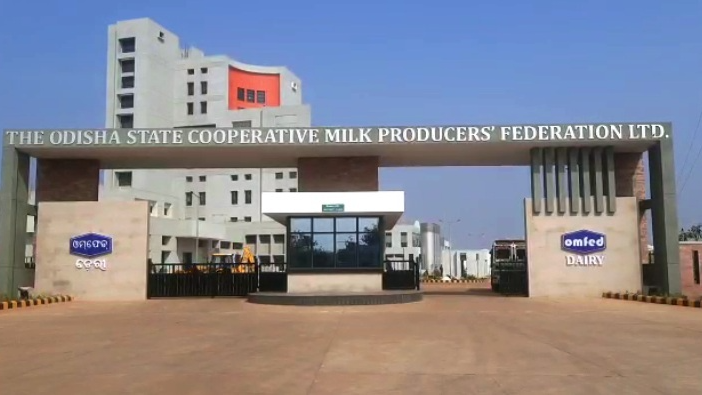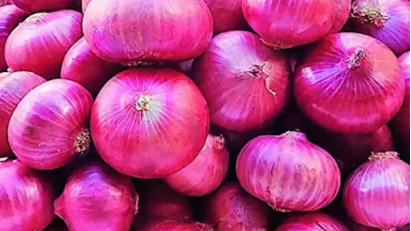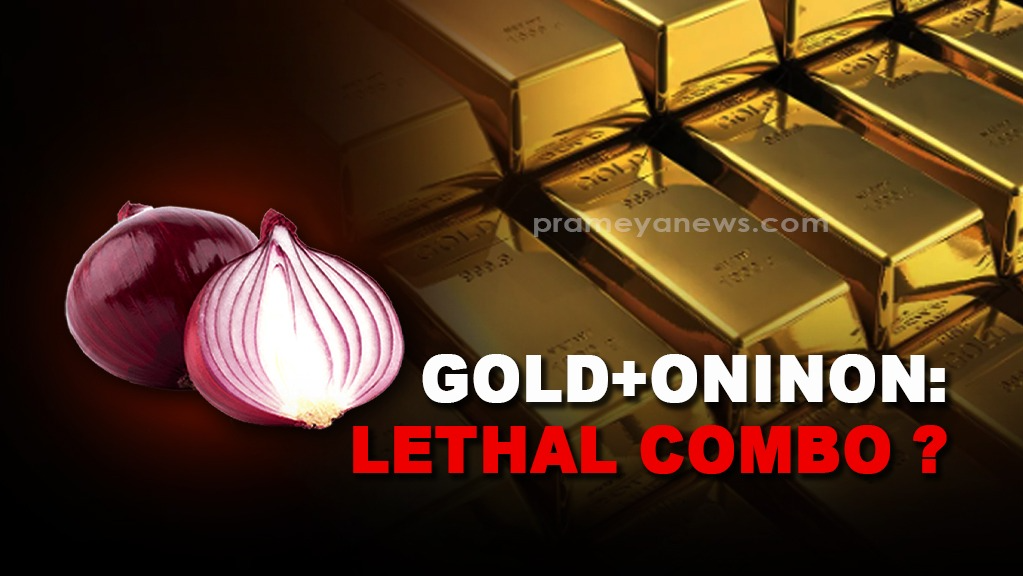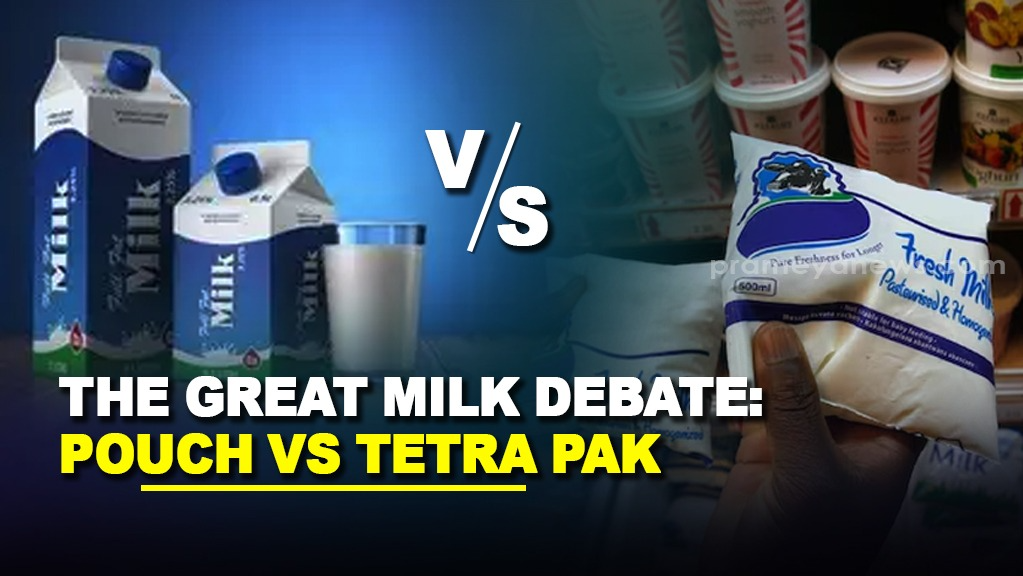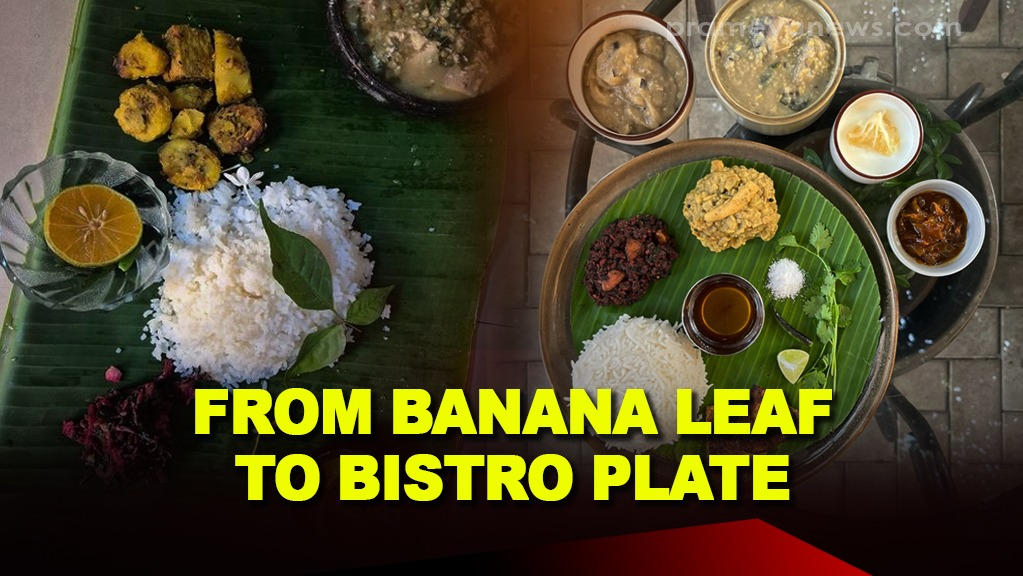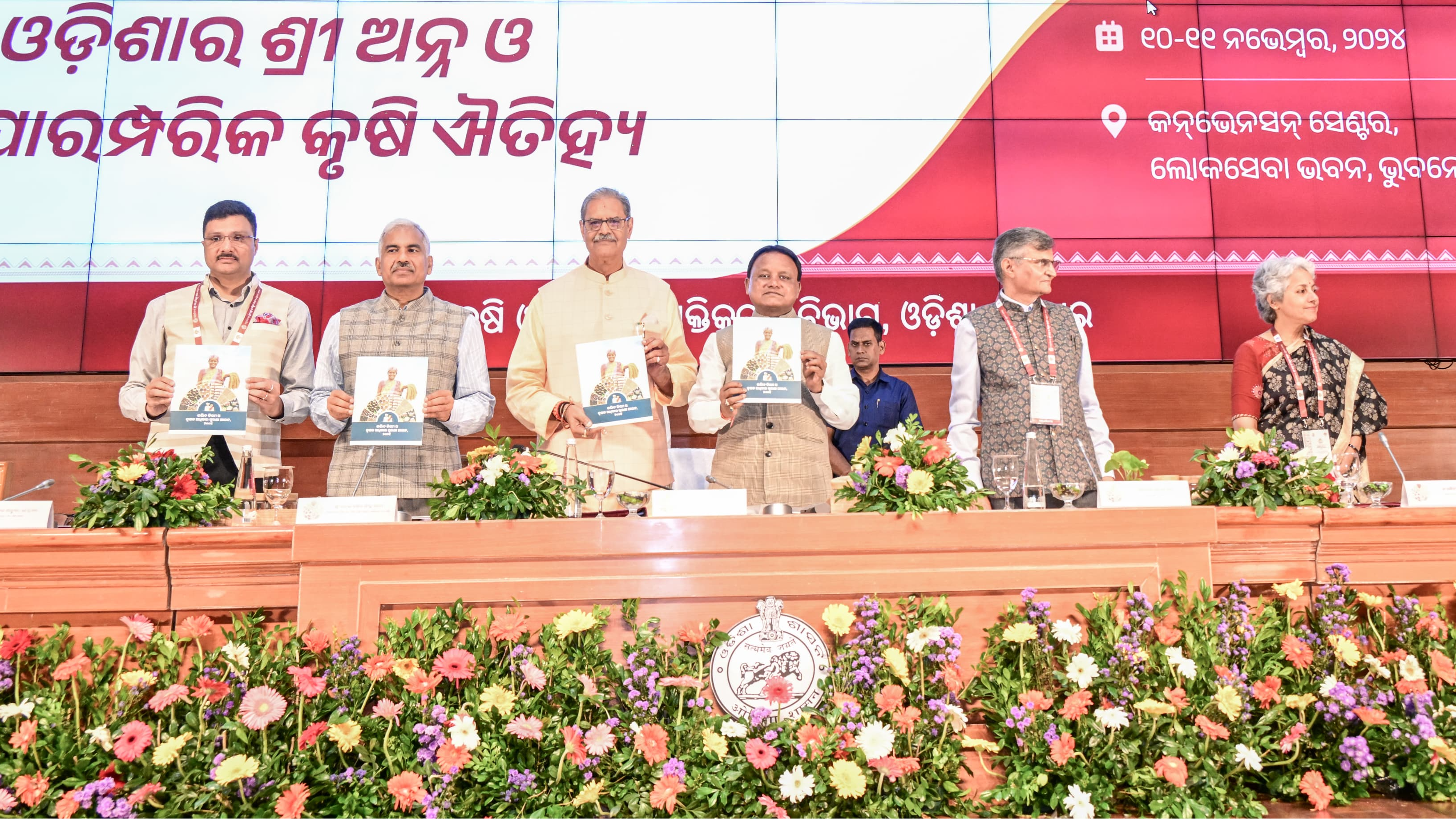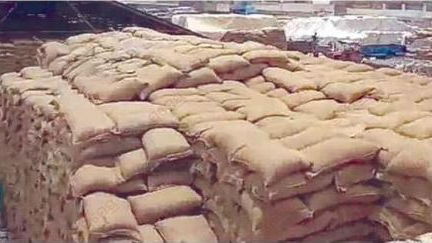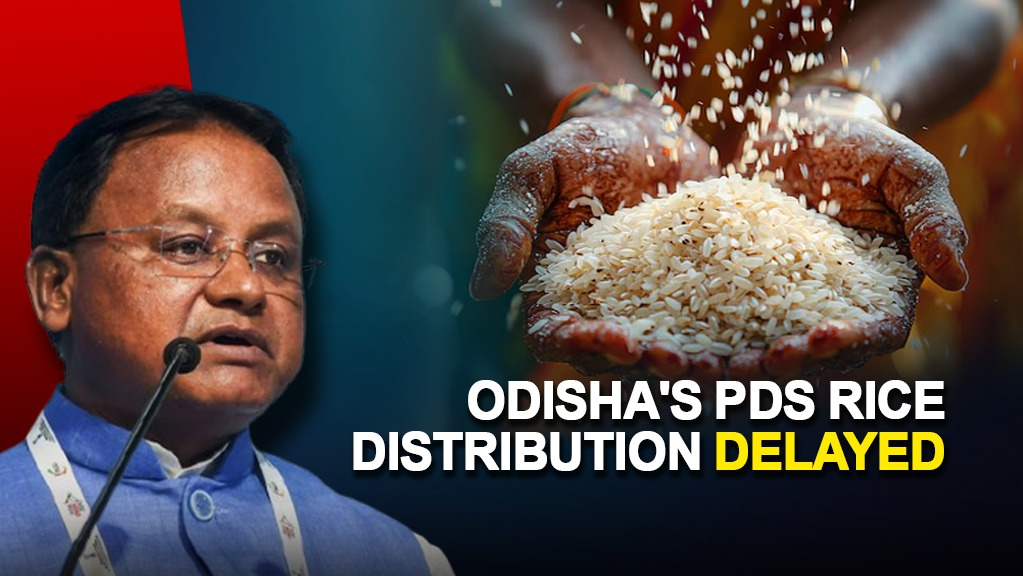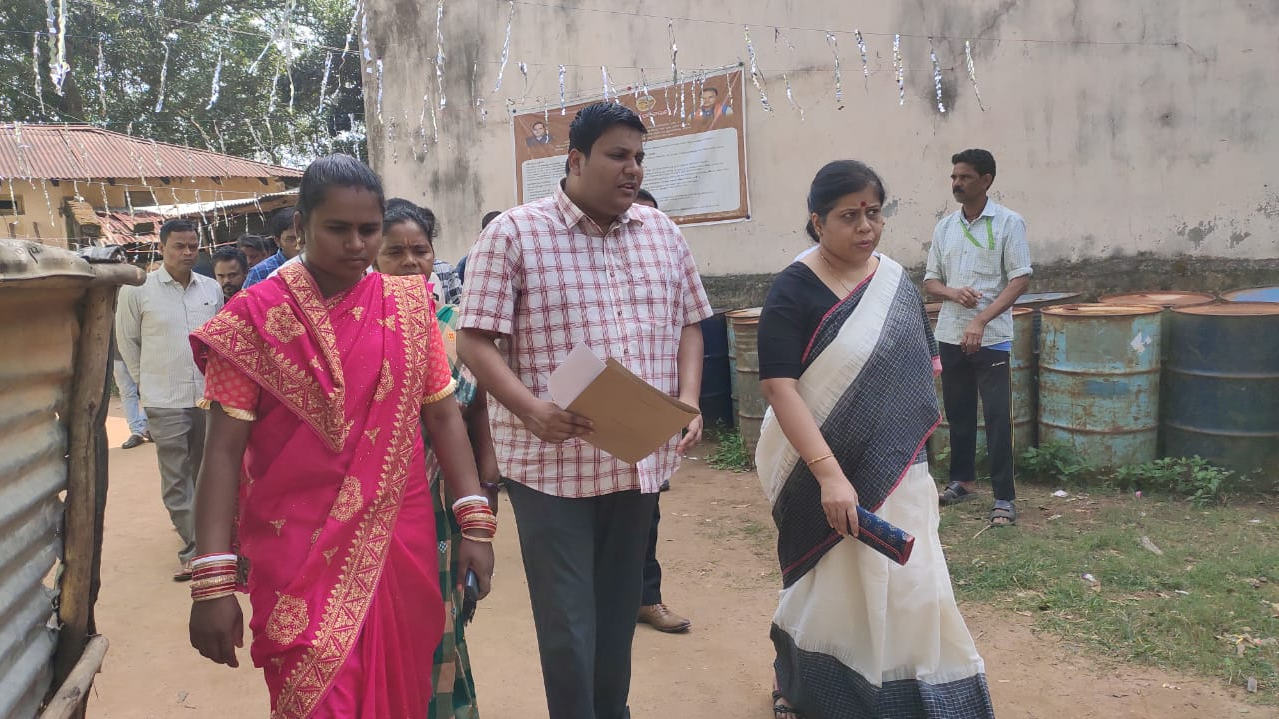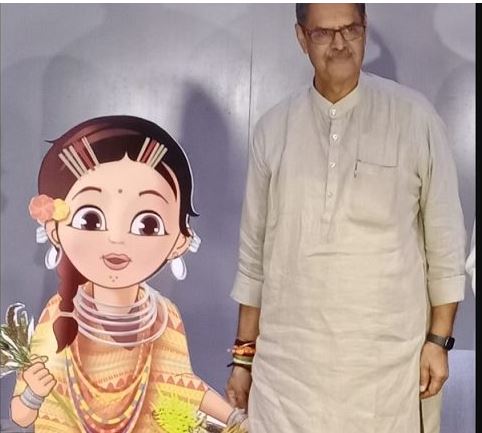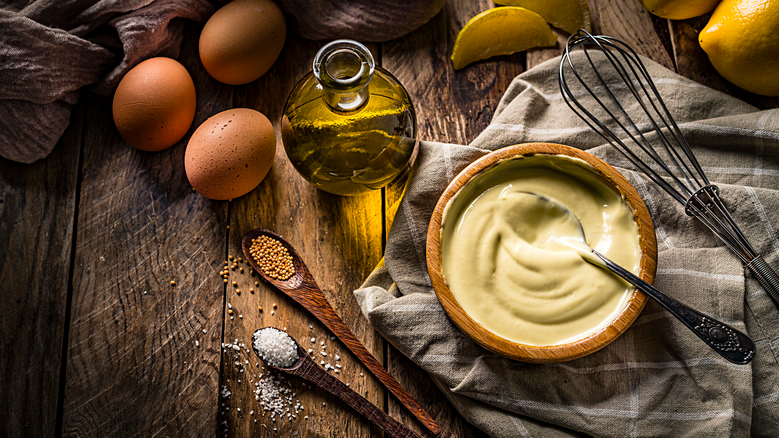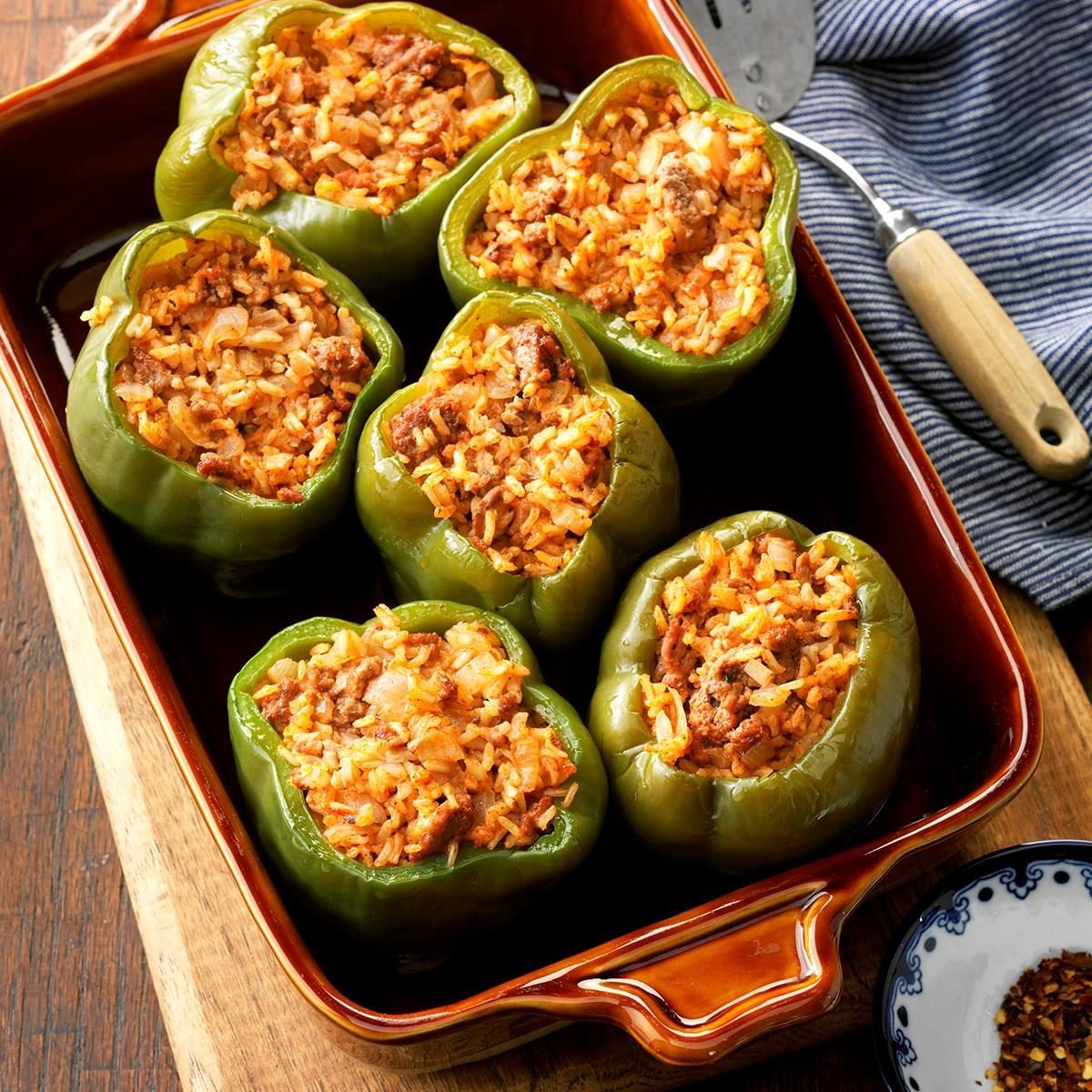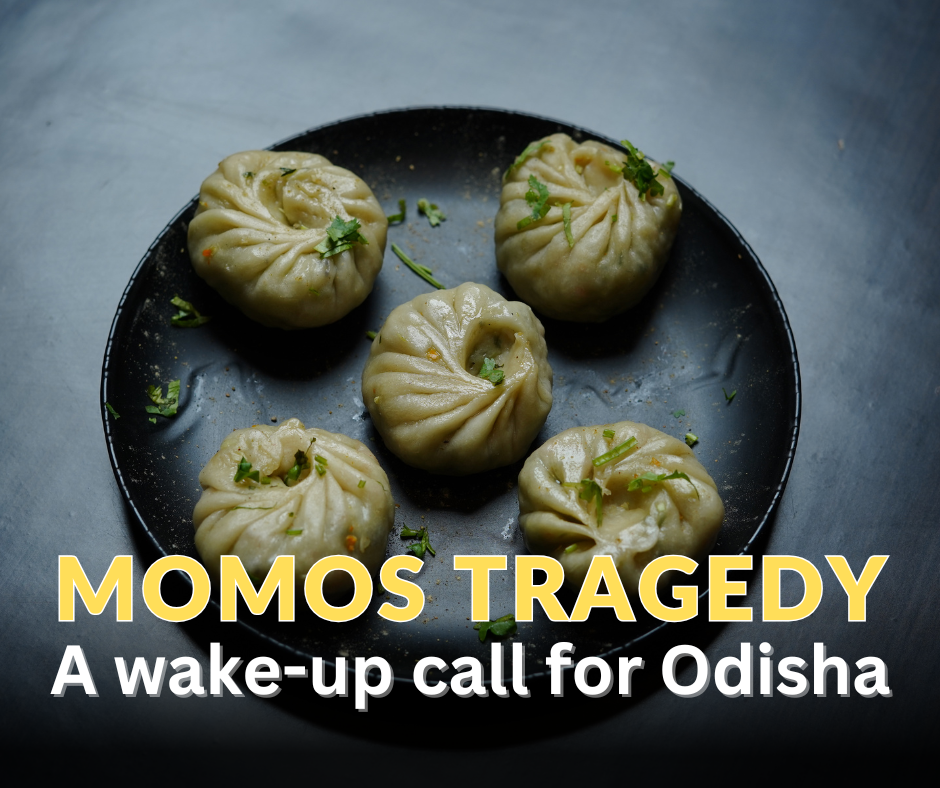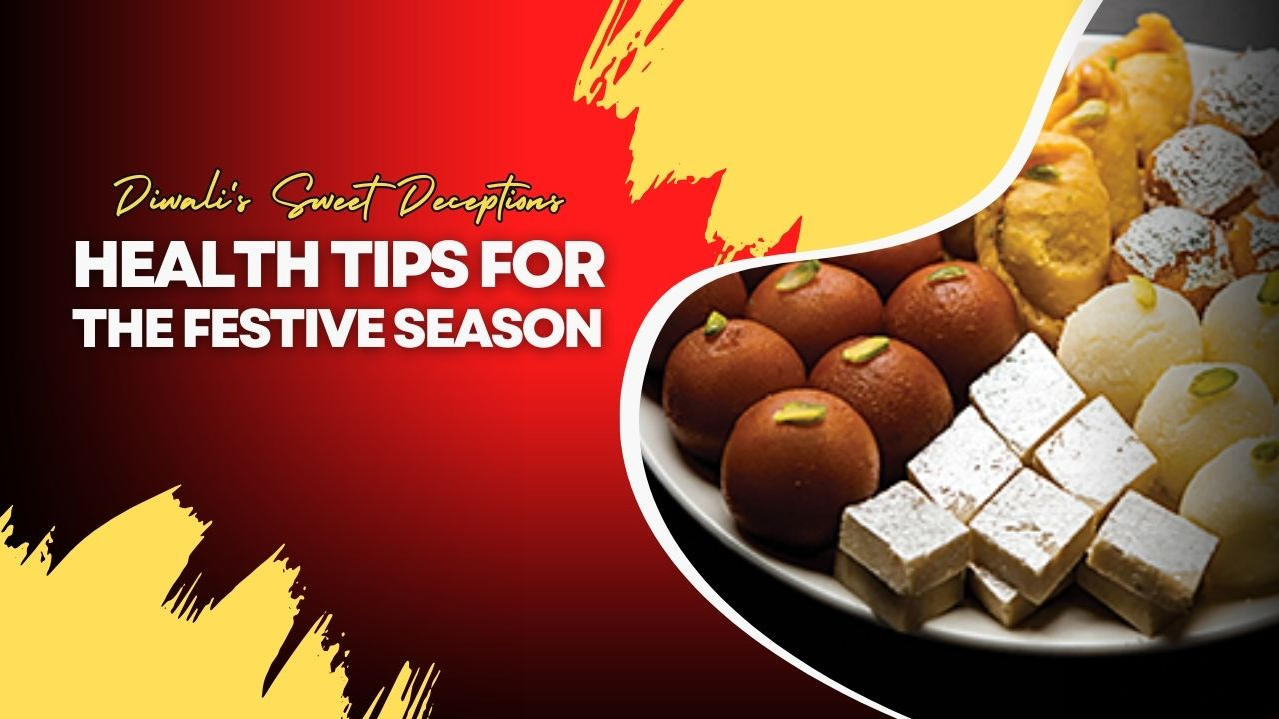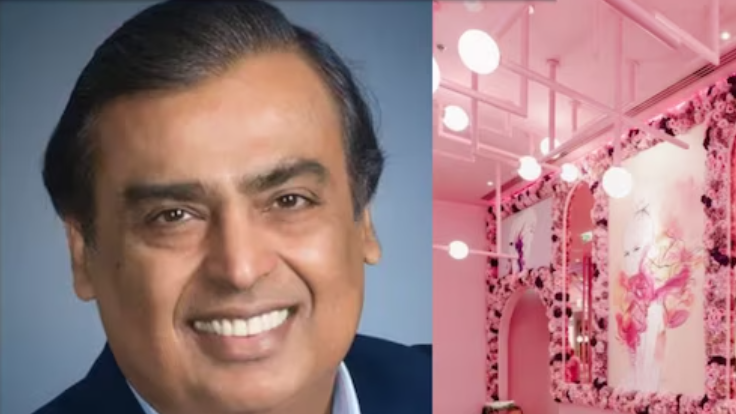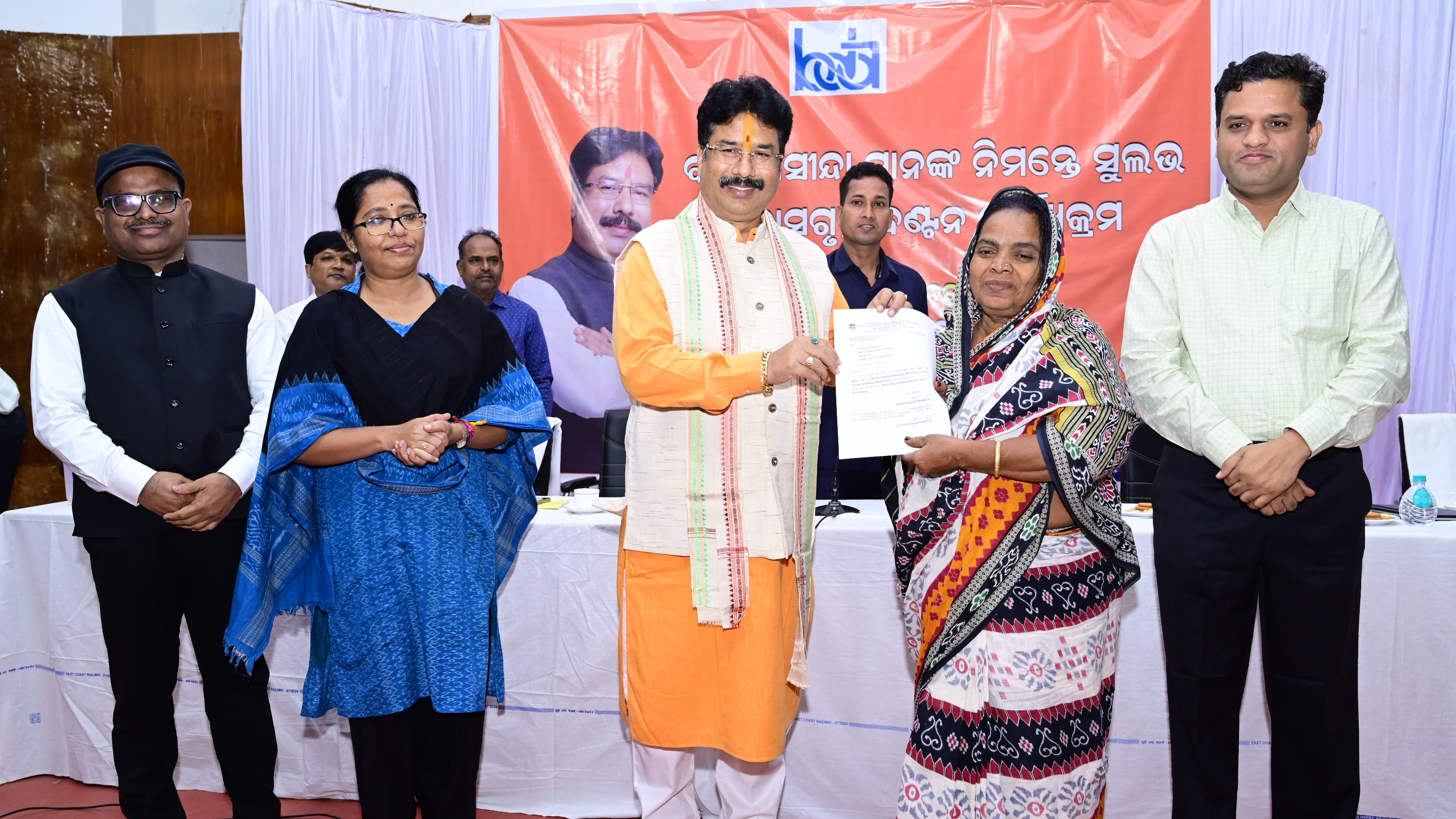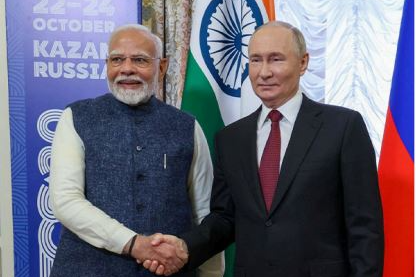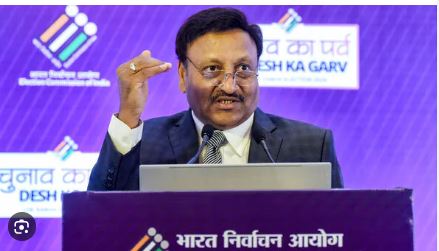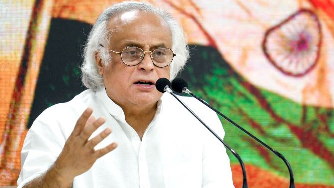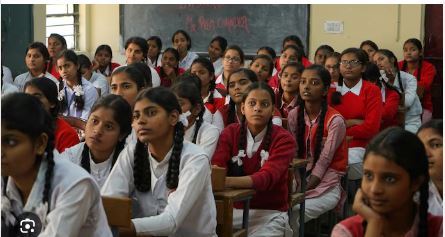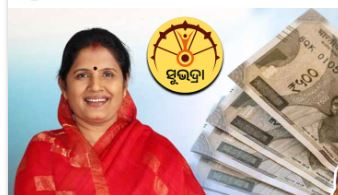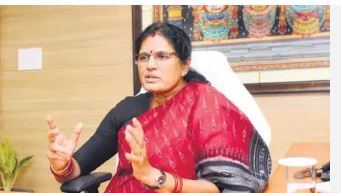Satyanarayan Mohapatra
Diwali, the festival of lights, is a time for joyous celebrations, family gatherings, and of course, indulging in a symphony of flavors. But amidst the dazzling lights and vibrant festivities, it's easy to get carried away with those tempting sweets and savory treats. As a dietician, I'm here to remind you that while Diwali is a time for celebration, it's also crucial to be mindful of your dietary choices to avoid derailing your health goals and feeling sluggish during the festivities.
Let's face it, Diwali sweets are irresistible. Those melt-in-your-mouth Gulab Jamuns, crispy Jalebis, and melt-in-your-mouth Motichoor Ladoos are a staple of the festive season. But these delectable treats are also calorie bombs, packed with sugar, saturated fats, and refined carbohydrates. Just two Jalebis can pack a whopping 500 calories, while a couple of Gulab Jamuns can add another 300 calories to your daily intake. Even a small portion of Sohan Papdi can set you back 250-300 calories.
And let's not forget those savory snacks that often accompany the sweets. Crispy Mathris and deep-fried Samosas, while undeniably delicious, can also contribute to a calorie overload. A single fried Mathri can contain 5-7 grams of mostly saturated fat, while a Samosa can add another 250-300 calories to your count.
Hidden dangers
While enjoying these festive treats is part of the Diwali tradition, excessive consumption can have detrimental effects on your health. High sugar intake can lead to sudden spikes in blood sugar, increasing the risk of prediabetes and complicating diabetes management. Overindulging in fried foods and saturated fats can raise bad cholesterol levels, contributing to heart disease, stroke, and obesity. The high sodium content in many snacks can also lead to water retention and elevated blood pressure.
Harmful ingredients
Beyond the immediate effects, it's important to be aware of the potential long-term risks associated with certain ingredients commonly found in Diwali sweets. Many commercially prepared sweets and snacks contain trans fats, often hidden in the form of hydrogenated oils or vanaspati. These trans fats have been linked to an increased risk of heart disease and even death from heart-related issues.
Making healthier choices
But don't despair! Diwali doesn't have to be a dietary disaster. By making conscious choices and embracing healthier alternatives, you can enjoy the festive flavors without compromising your well-being.
- Go for dry fruit delights: Choose sweets made with dry fruits, which are packed with fiber and healthy fats. These provide sustained energy and essential nutrients without the added sugar rush.
- Bake, don't fry: A baked samosa has significantly fewer calories than its deep-fried counterpart, allowing you to enjoy the flavors without the guilt.
- Embrace natural sweeteners: Replace refined sugar with natural sweeteners like jaggery, honey, or dates, which have a lower glycemic index and are less likely to cause blood sugar spikes.
- Snack smart: Instead of reaching for those fried Mathris, opt for unsalted nuts, roasted makhana, or vegetable sticks with yogurt-based dips. These provide healthy fats, protein, and fiber, keeping you feeling full and satisfied.
- Hydrate regularly: Don't forget to drink plenty of water throughout the day to stay hydrated and aid digestion, especially when consuming sweets and fried foods.
Diwali is a time for celebration, and enjoying festive treats is part of the tradition. However, moderation is key. Be mindful of your portion sizes, choose healthier alternatives whenever possible, and balance your indulgences with a nutritious diet. This Diwali, celebrate with both joy and awareness. By making informed choices, we can savor the flavors of the festival while prioritizing our health and well-being.
DISCLAIMER: This brief synthesizes information from various public sources and offers the author's own insights and analysis on the subject matter.




